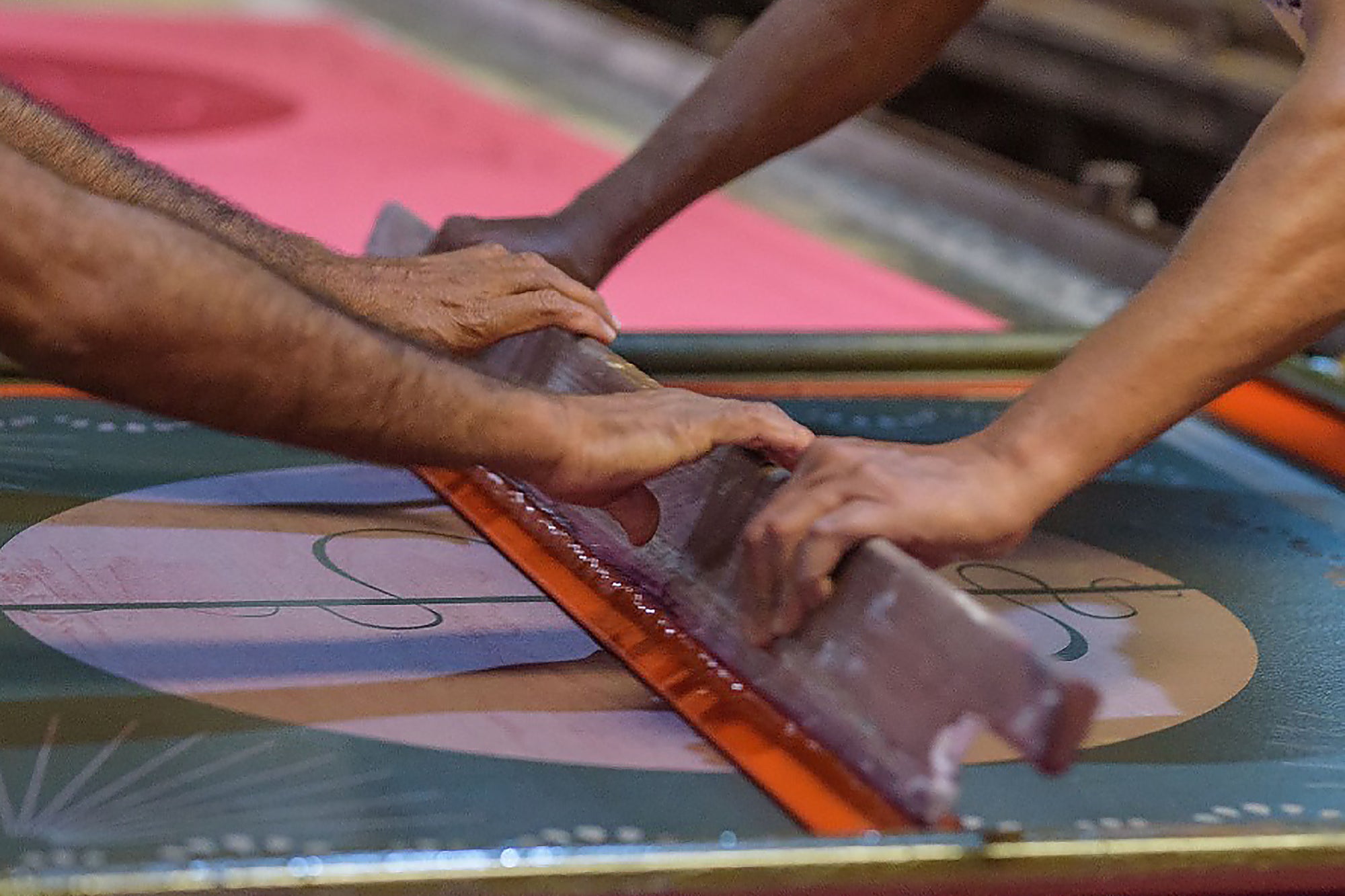Why Artisans Will Be Powerful in the New Economy Shared values and storytelling ensure a stronger bond and more transparency than most big-box retailers can muster.
Opinions expressed by Entrepreneur contributors are their own.

If you still think of artisans as mere ornaments of tourism or a cottage industry of Etsy sellers, it may be time to take a closer look at their value and growth potential in the global economy. While "artisanal" has become an easy way to both attract millennials and tease their preferences, the shift towards reviving artisan supply chains is much more than a fleeting trend.
Let's start by defining an artisan. Most loosely, an artisan is a craftsman who produces a good, whether a textile or accessory, by hand. Sofiya Deva, the founder of This Same Sky, an artisan-centered lifestyle brand, takes the definition a step further to include a generational element that ties a particular craft to cultural heritage and lineage. The artisans her brand works with have often had their craft passed down to them over multiple generations.
Related: Meet the Entrepreneur Who Has Revolutionized the Lives of Over 22,000 Women
Globally, artisan enterprises help employ hundreds of thousands of people and are the second-largest employer in the developing world. It is widely proven that supporting artisans can help balance gender inequality and support local economies both in developed and developing economies, as well as preserve and promote culture and sustainability.
To shed further light on the growth and potential of artisans, Deva shares three reasons why she feels that artisans have a very important role to play in the new economy.
1. Supporting artisans translates to preserving cultures at risk of erasure
Though it's difficult to quantify the tremendous value — in both techniques and lore — of a community of craft, we do know that once lost it becomes very difficult to recover. This is largely due to its dependency on oral transmission and communal rhythms.
A community's ability to generate a livelihood through its artisan traditions generates far more cohesion, pride and meaning than the all too common rural dispersion into crowded and polluted urban centers for day wages. And on a broader scale, cultural (like biological) diversity makes us richer and more resilient in both our ability to express ourselves and collaborate meaningfully with others.
At This Same Sky, Deva discovered that an artisan trade, like block printing, represented much more than a novel mechanical process; it represented an intimate understanding of material and creativity, rooted in a sense of place and shared history.
"To be an artisan then," she says, "is to be a steward of that deep knowledge and maintain its continuity through dialogue and adaptation."
Related: How the Founders of Van Leeuwen Ice Cream Broke Through With an Unfamiliar Product
2. Artisans provide a sustainable alternative to problematic industries, like fast fashion
With fast fashion facing criticism for its heavy carbon emissions, water waste and poor treatment of garment workers, consumers are hungry for a new model that offers stylish essentials and accessories.
By opting for brands that focus on small batches, fair wages and one of a kind products, we begin stemming the tide of our compulsive consumption and forging more meaningful relationships with the objects in our lives, not to mention, lessening our environmental impact.
Deva explains that her business model with This Same Sky is founded on a very different relationship to their customer base, and while efficiency and quality are still important, shared values and storytelling ensure a stronger bond and more transparency than most big-box retailers can muster.
3. The handicraft market is growing rapidly
When the 2008 global financial crisis drove markets down by nearly a quarter, demand for artisan products kept growing — doubling in value from just six years before. In 2017, the global handicrafts market reached a value of $526.5 billion and is set to almost double in growth again over the next three years.
These promising — and undeniable — numbers motivated Deva, a seasoned marketing consultant who's worked with major brands like Chase and Tupperware, to move forward with a launch line of hand-printed scarves and bandanas, even in the midst of a global pandemic and national recession.
Related: Harnessing the Potential of Women and Youth in a Post-Pandemic World
Given the evolution of consumer preferences, the pressing environmental dangers of current production norms and the inherent value of artisan work, we would be short-sighted to overlook the power of artisans in the new economy. Whether as a sound investment or entrepreneurial venture, artisans represent the future, while, quite profoundly, reconnecting us to our roots.







